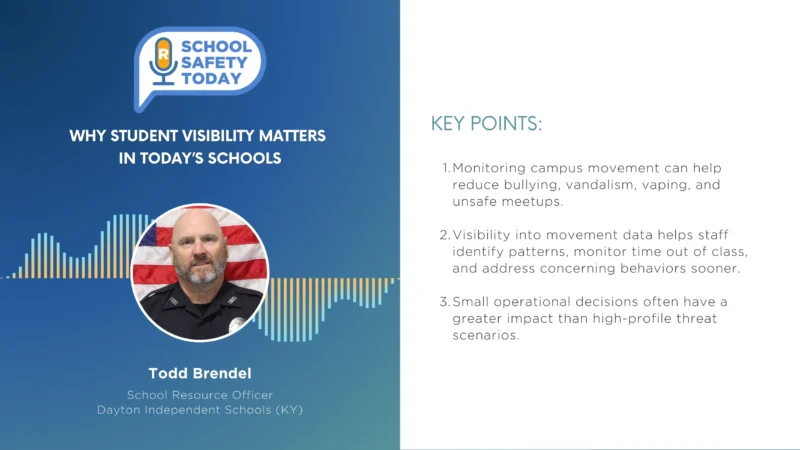New Research Shows Gaps in K-12 Device and Data Security
Absolute last week announced new research revealing significant spikes in remote management and collaboration application usage in K-12 organizations following the shift to distance learning, putting already-vulnerable schools at even greater risk of a cyber attack. The second annual report, titled ”Distance Learning’s Impact on Education IT,” examines the effects of rapid digital transformation and the sudden shift to remote learning on K-12 device health, security, and usage in the wake of the COVID-19 outbreak.
From January to May 2020, Absolute’s anonymized endpoint data shows the use of remote management and collaboration apps in K-12 schools increased 87 percent and 141 percent, respectively. The education sector experienced a record number of ransomware attacks in 2019, according to the K-12 Cybersecurity Resource Center, while schools across the US have experienced ransomware attacks and shutdown of critical systems in the first few weeks of the 2020-21 school year.
Recent industry insights show that 75 percent of US schools plan to operate via a completely remote or hybrid learning model this school year, and 80 percent either have purchased or plan to purchase additional devices to enable remote learning. It is therefore critical that education IT teams have solutions in place that are capable of delivering the insights needed to ensure students and staff are protected as well as demonstrate the success of distance learning programs.
“This is an unprecedented time for education, and the student experience is unlikely to stabilize in the foreseeable future,” said Christy Wyatt, President and CEO of Absolute. “The most successful approaches to learning will embrace it in all forms, whether remote, in-person, or hybrid. Operational agility is the new critical capability for all IT teams, to be able to respond to changing conditions and seamlessly transition between models. And, having a permanent connection to every device – enabling complete visibility into where devices are, their usage, and the state of their security controls – is vital to protecting vulnerable students and staff.”
Absolute’s Web Usage analytics provide detailed insights into device and application usage to help schools understand student engagement levels, drive better learning outcomes, and identify valuable or underused learning resources. The report’s findings show that as of May 1, 2020, 40 percent of student device usage was spent on education and online learning platforms, and 27 percent was dedicated to consuming entertainment and video content. This includes time spent on YouTube, which is often used for educational purposes.
Other key insights from the report include:
Education IT teams face significant challenges with tracking and managing devices, software, and applications remotely.
- Since January 2020, there has been a 205 percent increase in the number of new devices first connecting to the internet, as schools ramped up inventory to support distance learning in the new school year.
- More than 40 percent of school IT teams said tracking lost or missing devices was a significant challenge.
- The average patch age for Microsoft Windows® 10 devices and Apple® MacOS devices was found to be 183 days and 31 days, respectively – which means potentially hundreds of critical vulnerabilities have gone unaddressed.
Network-based security controls are proving to be largely ineffective in remote environments with increasingly savvy students.
- Forty one percent of schools had rogue VPNs or web proxy apps identified in their device environments, which are typically used to circumvent security protocols and policies.
- An average of one hour of daily device usage was spent on sites with inappropriate content, as many web filtering solutions failed to work properly when devices disconnected from the school network.
- On average, K-12 devices had antivirus (AV) compliance rates of just 60 percent. Compliance rates increased 28 percentage points on devices with Absolute’s Application Persistence™ service running, which enables IT teams to automatically repair and restore critical AV and other application agents.
A full version of the report, “Distance Learning’s Impact on Education IT,” is available for download here. To learn more about Absolute’s undeletable defense platform enables always-connected visibility and Self-Healing Endpoint® security for thousands of educational organizations across the globe, visit www.absolute.com.
Methodology
This report leverages anonymized data from millions of Absolute-enabled devices active across approximately 10,000 schools and districts in North America and Europe. Absolute is committed to customer and student privacy and data protection; only anonymized, de-identified data was used in this study.








